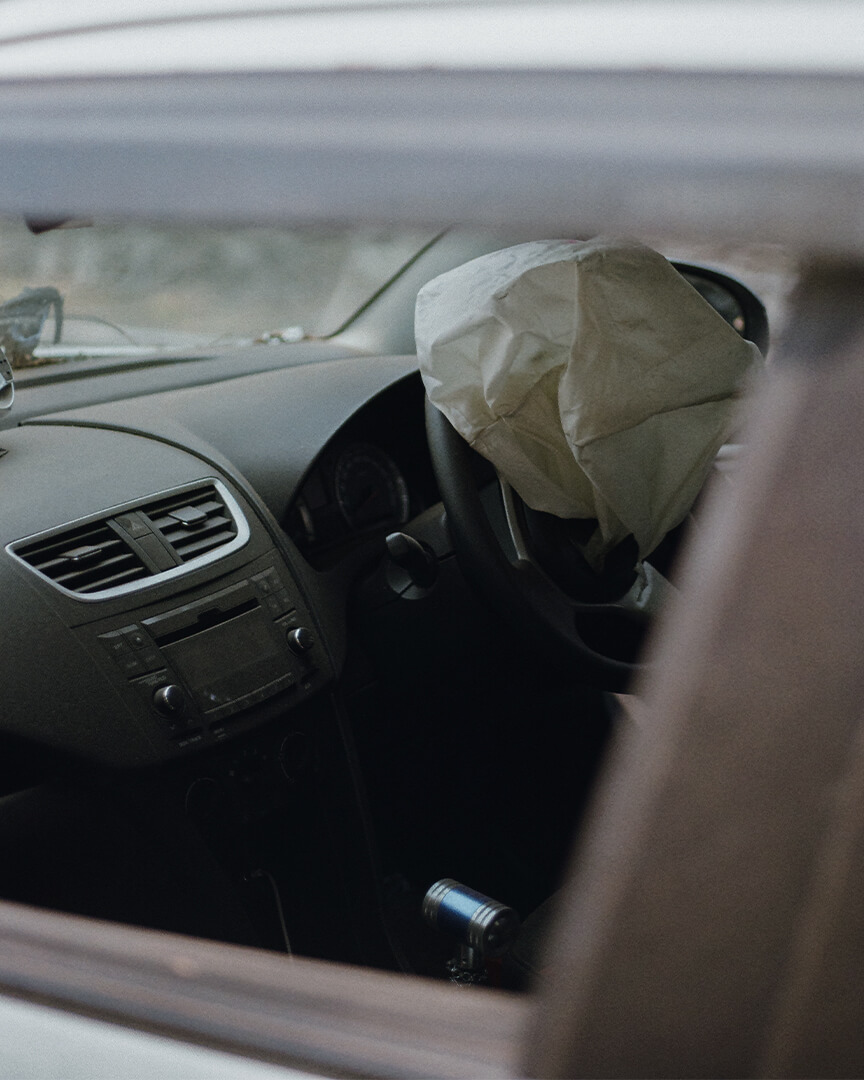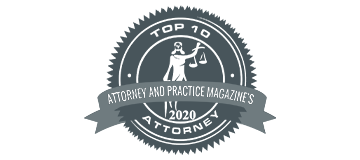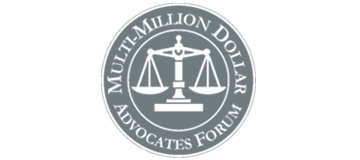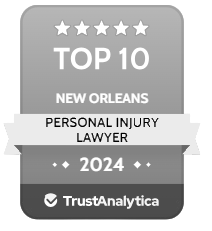Louisiana
Wrongful Death Lawyer
But it’s an important part of our job, because wrongful death lawsuits can be critical for families recovering from the loss of someone dear to them.
If someone is negligently responsible for your loved one’s death, you are entitled to the compensation that you need in order to recover. With decades of personal injury and wrongful death case experience under our belt, Kiefer & Kiefer is here to help.
New Orleans
Wrongful Death Lawyer
As New Orleans personal injury attorneys, one of the hardest parts of our job is counseling clients who have lost loved ones.
But it’s an important part of our job, because wrongful death lawsuits can be critical for families recovering from the loss of someone dear to them.
If someone is negligently responsible for your loved one’s death, you are entitled to the compensation that you need in order to recover. With decades of personal injury and wrongful death case experience under our belt, Kiefer & Kiefer is here to help.
”“Knowledgeable and responsive. So helpful during a very difficult time.”
~ Matthew F.
Causes of Wrongful Death in Louisiana
When families lose a loved one due to someone else’s negligent actions, they can file a “wrongful death” lawsuit. This lawsuit will hold the person or company responsible accountable for their actions, and recover compensation for the damages that the family has suffered as a result of their loss.
Here are some of the types of accidents that can be grounds for a wrongful death suit in Louisiana:
- Police brutality
- Medical malpractice
- Defective products
- Workplace accidents
- Assault, manslaughter, or murder
- Car accidents
- Truck accidents
- Police brutality
- Medical malpractice
- Defective products
- Workplace accidents
- Assault, manslaughter, or murder
A wrongful death suit is a legal avenue for you to seek compensation for the pain, suffering, and economic damages you sustain after you lose a loved one. In addition to a wrongful death suit, certain individuals may file a survival action, which seeks compensation for the pain, suffering, and damages your loved one sustained before they died.
Filing a Wrongful Death Suit in Louisiana
At Kiefer & Kiefer, we understand the financial and emotional difficulties that families face after the death of a loved one. It’s vital that you and your family get the compensation that you deserve.
Typically, Louisiana law allows certain members of the deceased person’s family to bring forward a wrongful death claim, including:
- The deceased person’s spouse
- The deceased persons’ children
- The deceased person’s parents, if they have no surviving spouse or children
- The deceased person’s siblings, if they have no surviving spouse, children, or parents
- The deceased person’s grandparents, if they have no surviving spouse, children, parents, or siblings

Once you’ve established that you are able to file a wrongful death suit on behalf of your deceased loved one, you must prove that their death was the result of someone else’s negligent actions.
New Orleans has one of the highest crash rates in Louisiana. In 2024, the city saw 58 fatal crashes. Sixty people lost their lives. Twenty-eight of them were pedestrians. These numbers show how sudden and devastating fatal accidents can be for families.
Hundreds of Millions Recovered
No up-front fees
Experienced. Trusted. Respected.
Damages You Can Recover in a Wrongful Death Suit
An experienced New Orleans wrongful death attorney can help you with establishing liability, as well as presenting evidence of your damages.
These damages can include:
- Loss of income or financial support
- Loss of child care
- Medical bills
- Funeral and burial expenses
- Emotional trauma
- Loss of companionship
- Pain and suffering on the part of the deceased
- Loss of income or financial support
- Loss of child care
- Medical bills
- Funeral and burial expenses
- Emotional trauma
- Loss of companionship
- Pain and suffering on the part of the deceased
Wrongful Death Attorney FAQs
- The defendant had a duty of care for the deceased’s safety
- The defendant’s actions, negligence, or inaction breached this duty of care
- This breach led to the harm that the deceased suffered, and, ultimately their death
- The deceased (and their family) suffered damages
Your attorney may use accident reports, police statements, medical records, and eyewitness testimony to build the case. In addition, your attorney may gather other evidence that helps paint the picture of the defendant’s wrongdoing.









